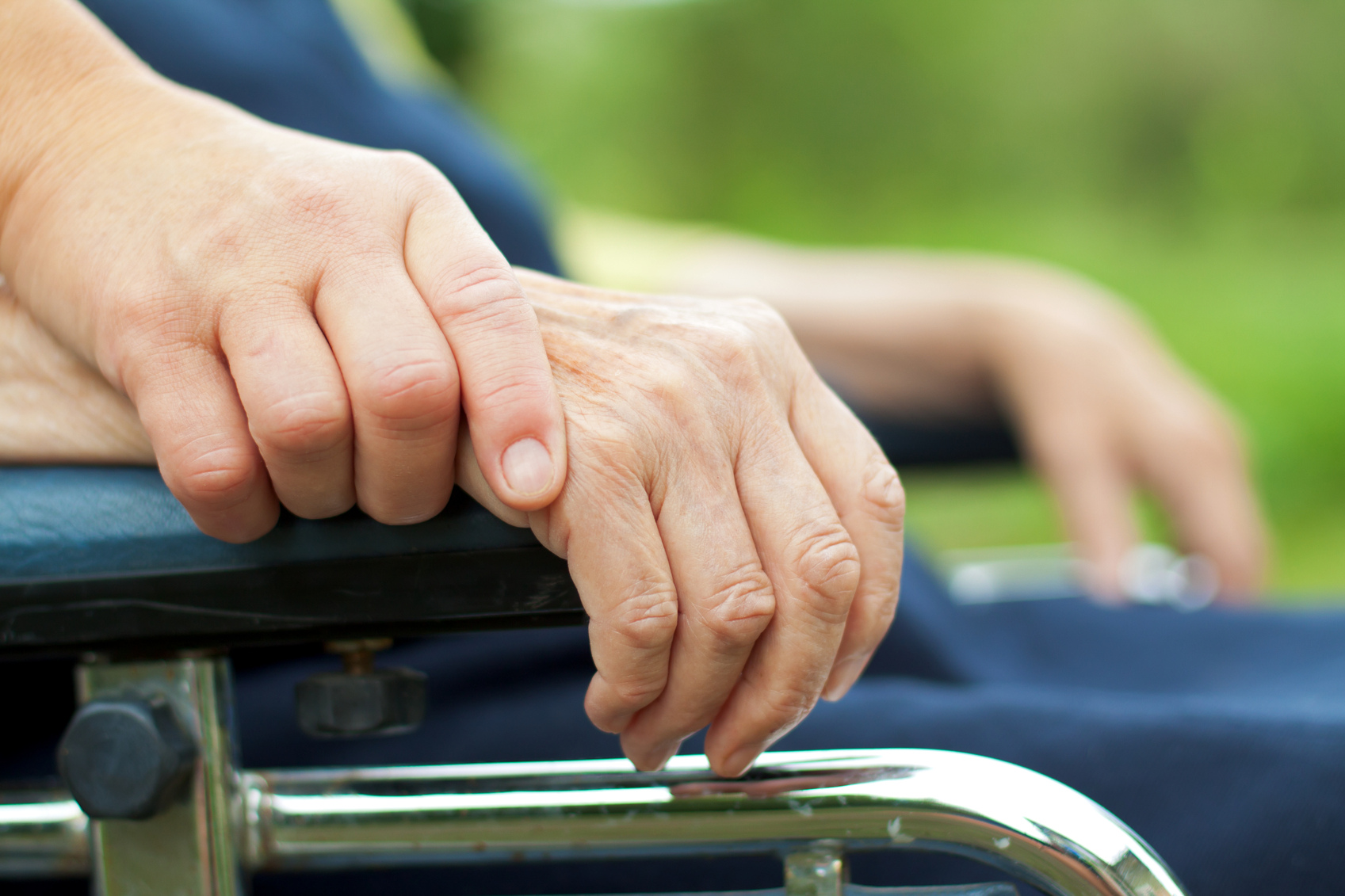April 16, 2024 | Nursing Home Abuse

When you make the difficult decision to place a loved one in a nursing home, you trust the staff to give them the care they need and deserve. Sadly, nursing home abuse and neglect are all too common.
Abuse refers to actions that cause harm, such as physical violence. Neglect, on the other hand, is a failure to act that causes harm. When a nursing home resident is neglected, they do not get the care they require.
As a family member, you should be aware of what constitutes neglect and how to spot it. Here are some common examples of nursing home neglect in Lexington.
Neglecting Emotional and Social Needs
Neglect doesn’t always cause physical harm; neglecting a resident’s emotional and social needs can be just as devastating.
About one-third of nursing home residents have experienced emotional abuse or neglect in the past year. Neglect may involve isolating a resident from meaningful social interactions or preventing residents from interacting. It can also involve refusing to allow visitors or phone calls.
Nursing home residents have the right to services that support their emotional, mental, and social well-being. The facility should have a program to support these needs. It should accommodate the resident’s preferences. Efforts must be made to give residents the assistance they need to participate meaningfully in activities.
Neglecting To Provide a Safe Environment and Supervision
Nursing homes have a duty to provide a clean, safe environment and adequate supervision to keep residents safe.
Neglecting a patient’s safety may involve:
- Failing to secure exits and inadequate supervision, which allows residents to elope or wander from the facility
- Failing to install rails, alarms, and other safety features that prevent residents from falling out of bed or a chair
- Failing to maintain the facility and allowing hazards that increase the risk of falls
- Failing to provide staff with equipment necessary to safely lift and move residents so they are not dropped
- Failing to prevent resident-on-resident assault
Understaffing is the biggest problem that contributes to an unsafe environment. To save money, facilities may fail to provide or use technology and equipment to reduce harm.
Neglecting To Provide Personal Care
Most residents in a nursing home require assistance with personal care and other daily tasks. They may need help using the restroom, bathing, dressing, or brushing their teeth.
When staff members neglect to provide the assistance residents need, it can result in unsanitary conditions, pressure ulcers, infections, and other serious consequences.
Neglecting To Provide Medical Care
Medical neglect is one of the well-known forms of neglect.
This type of neglect may include a failure to:
- Provide adequate medical care to treat medical conditions and injuries
- Provide preventative medical care
- Screen and monitor residents
- Follow protocols and care plans for residents with medical conditions
- Report or document changes in a patient’s condition
- Transfer a resident to a hospital when necessary
Bedsores are a common example of medical neglect. A bedsore or pressure ulcer usually develops on a bony part of the body, like the tailbone. Pressure for an extended period of time reduces blood flow and causes tissue damage. Without prompt treatment, a pressure ulcer can quickly deepen and create visible fat or even bone.
Up to 28% of nursing home residents develop bedsores.
Most bedsores are preventable, but immobile patients at high risk may not get the level of care they need. Wheelchair-bound or immobile patients may need to be repositioned anywhere from every 30 minutes to two hours.
Neglecting To Provide Adequate Nutrition and Hydration
Malnutrition and dehydration in nursing home residents are shockingly common. Research indicates that anywhere from 40% to 85% of people in nursing homes are malnourished. Elderly people are at an increased risk of dehydration and malnutrition for many reasons. Reduced appetite, medication side effects, dental problems, and dementia can all contribute.
The facility should identify these issues and develop an individual care plan. It should have a policy to screen residents for malnutrition and monitor at-risk patients. They should implement solutions to treat and prevent malnutrition and dehydration.
One of the most common forms of neglect is failing to make sure a resident receives adequate nutrition and water. This is usually caused by understaffing rather than intentionally withholding food or water.
When a facility is understaffed, residents may not get the reminders to eat or assistance with eating they need. It also becomes easier to overlook signs of dehydration or malnutrition that need treatment.
Take Action Right Away If You Think Your Loved One Has Been Neglected in a Lexington Nursing Home
If you suspect your loved one has been the victim of neglect, it’s important to take action right away. If your family member is in immediate danger, call 911.
Otherwise, you can report neglect or abuse to the following agencies:
- Adult Protective Services (APS) – 1-800-752-6200
- Office of the Inspector General (OIG) – 502-564-7963
- Office of the Attorney General – 877-228-7384
You can also make an online report through the Kentucky Child/Adult Protective Services Reporting System.
The next step is contacting a Lexington nursing home abuse lawyer. An attorney can help you protect your loved one’s rights and hold the facility accountable for their negligence.
Contact Our Nursing Home Abuse Law Firm in Kentucky Today To Get More Information
If you’ve been injured in an accident in Lexington or Bowling Green, please contact our nursing home abuse lawyers at Minner Vines Injury Lawyers, PLLC for a free case evaluation.
Minner Vines Injury Lawyers, PLLC – Lexington, KY Office
325 W Main St #210, Lexington, KY 40507
(859) 550-2900
Minner Vines Injury Lawyers, PLLC -Bowling Green, KY Office
814 State St. suite 100, Bowling Green, KY, 42101
(270) 517-2014